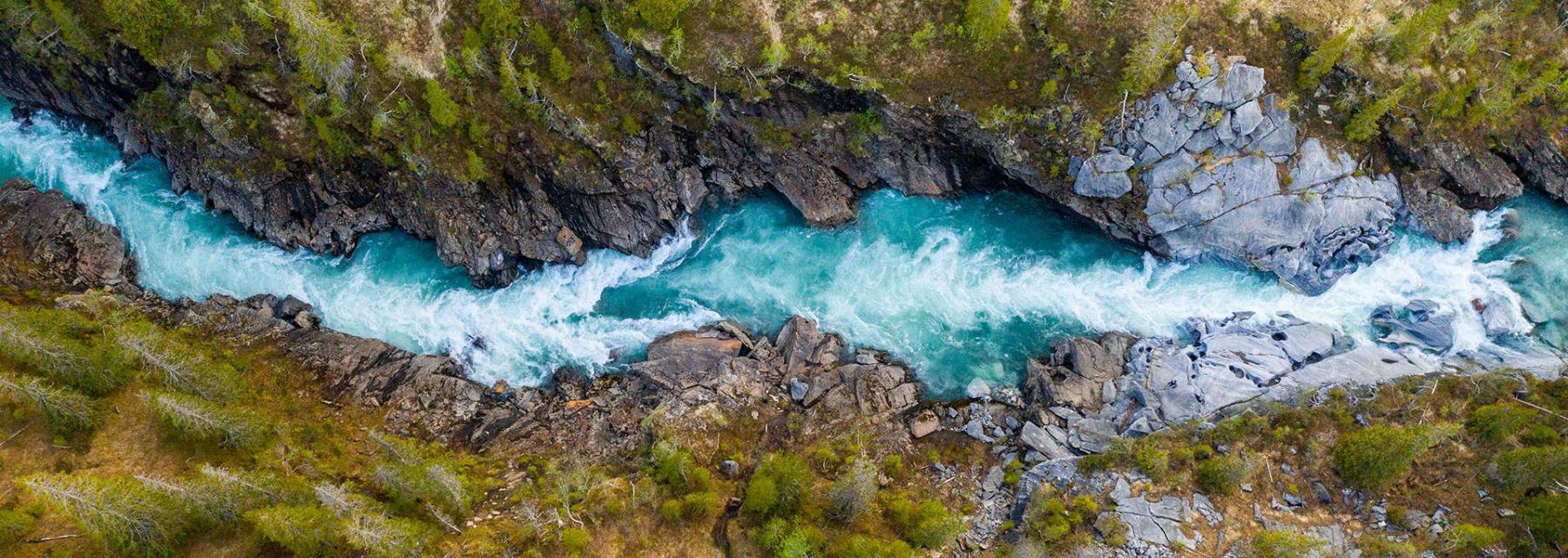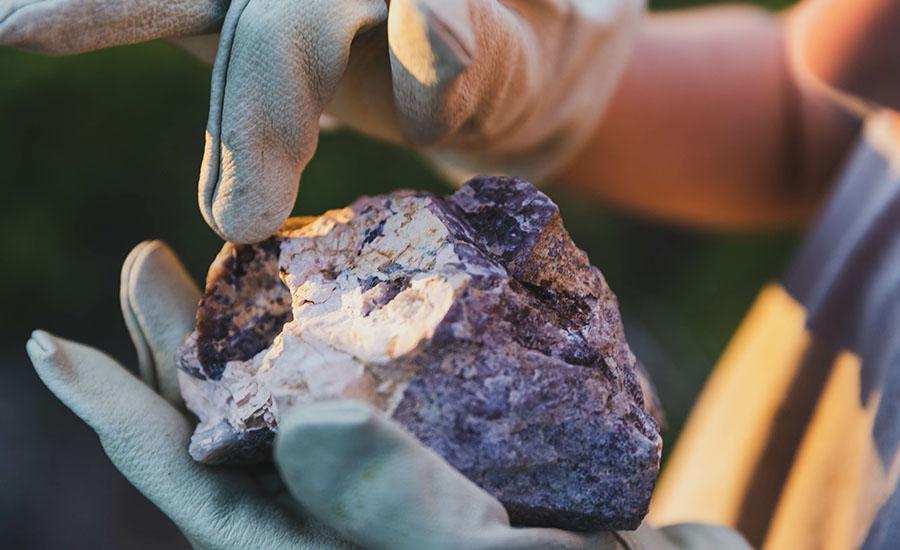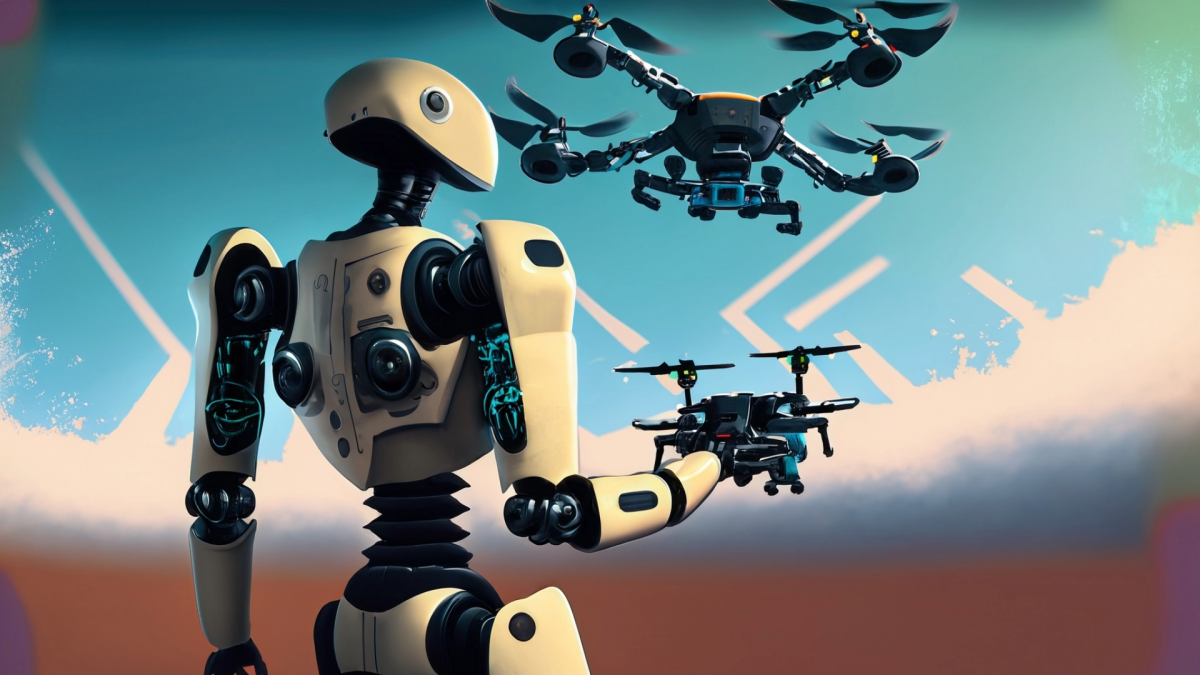
Oil and Water Don’t Mix: Engineering a Solution to Clean Up an Oil Spill
by Jaime Camero
Students will construct a model of an ocean habitat to simulate an oil spill. They will then make observations about the behavior of the oil in the water and on the various items in the habitat model. They will use their observations to test out different materials to clean up the oil and put multiple materials together to clean up the oil in the habitat model. This unit includes four lessons with an accommodation for two lessons of time does not permit.
Lesson Grade Level
6th GradeLesson Plan Link/URL
https://docs.google.com/presentation/d/1eSPA_doXq6yeOd_nZlE2zZPhm4Y0Imnv/edit?u…Subject Area
Science Life Science L2: Organisms & Energy Technology 3. Knowledge Constructor 5. Computational Thinker 6. Creative Communicator Engineering S2: Apply the Engineering Design Process S3: Apply Mathematics to Engineering S4: Apply Science to Engineering S5: Apply Technology to Engineering S6: Apply Communications to Engineering S7: Apply Project Management to Engineering English Language Arts (ELA) Reading (Informational Text) Writing Speaking & Listening
Featured
Off
Related Content

Grades:
3rd Grade, 4th Grade, 5th Grade, 6th Grade, 7th Grade, 8th Grade, 9th Grade
An overall view of mining, minerals, and their role in our everyday life. This lesson compares the past, present and future of mining and it's relativity to sustaining our way of life.

Grades:
6th Grade, 7th Grade, 8th Grade
In the Drone Light Show project, students will explore the intersection of technology, creativity, and teamwork by designing and programming their own synchronized drone light show. Utilizing DJI

Grades:
Kindergarten, 1st Grade, 2nd Grade, 3rd Grade
Students will learn about the engineering design process by working in small groups to identify a problem, then design and create a solution, inspired by the main character's creativity and problem